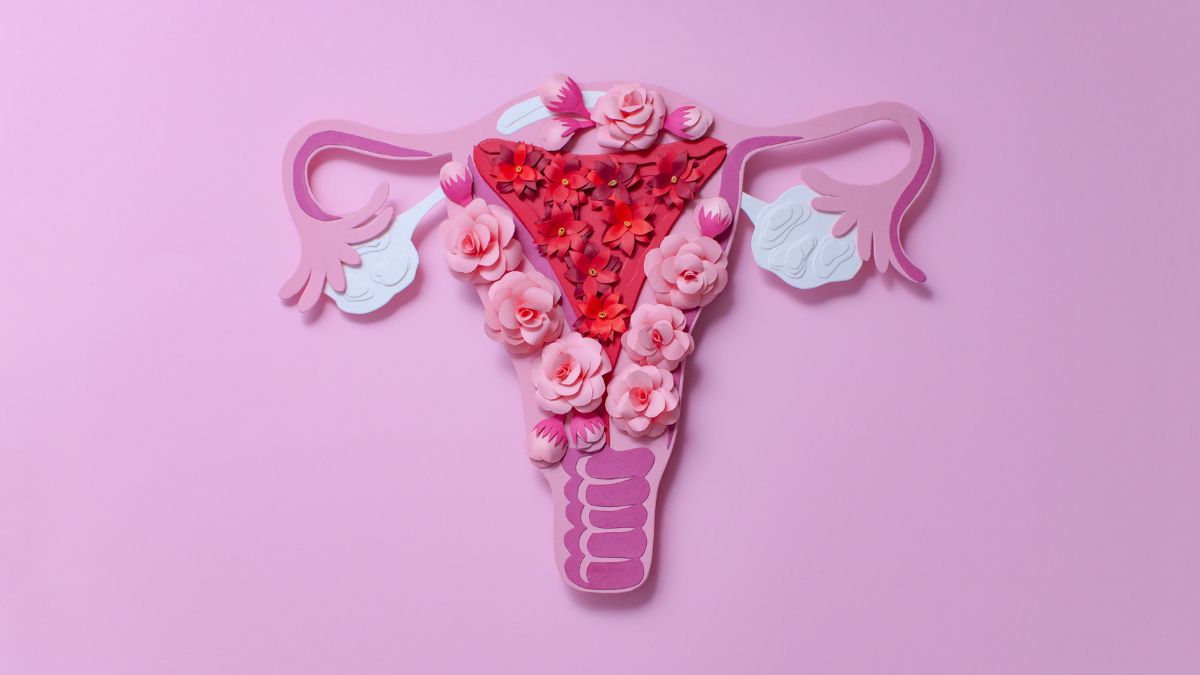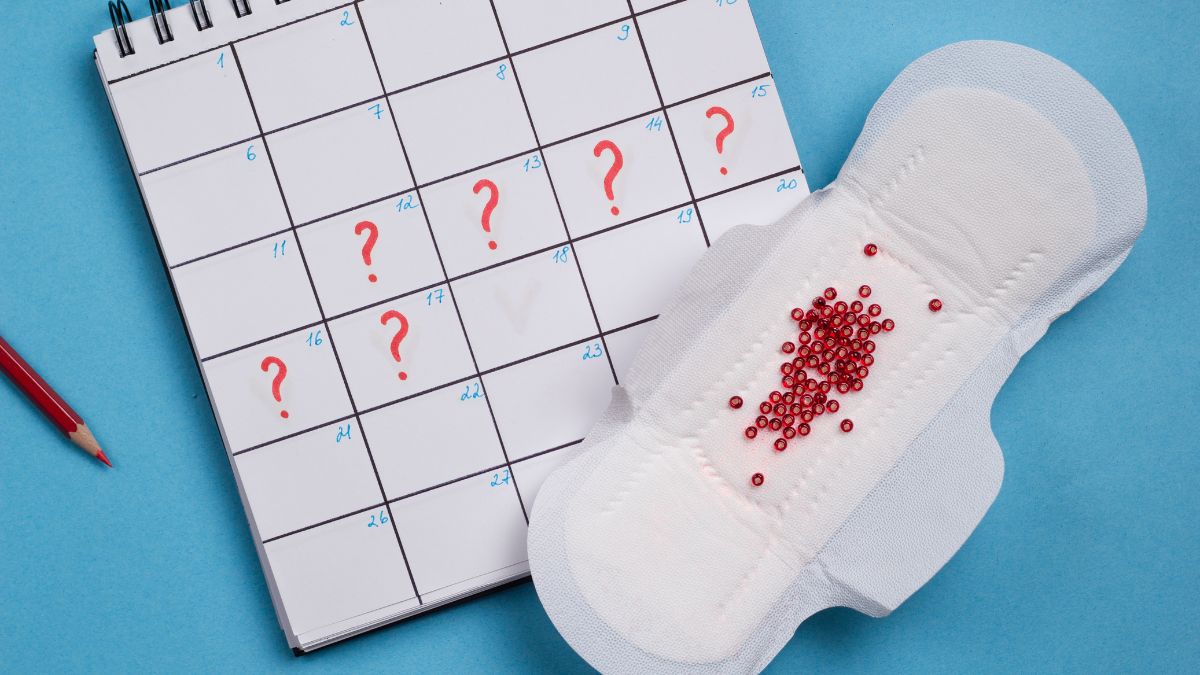For many women, periods are a monthly companion, bringing with them a complex mix of physical and emotional challenges. While often discussed in terms of physical symptoms, the impact of periods on mental health is just as significant, yet frequently overlooked. From mood swings to anxiety, the hormonal fluctuations of the menstrual cycle can have a profound effect on mental wellbeing. But what can be done to mitigate this impact? Let's delve into the intricate relationship between periods and mental health, and explore expert advice on managing the emotional rollercoaster.
Beyond Blood: Why Menstruation Is More Than Just a Monthly Event
For generations, menstruation has been cast as a monthly inconvenience—a private affair to be managed quietly with pads, painkillers, and perseverance. Yet Mahina’s new report, Beyond Blood: The Unseen Burden of Every Cycle – Mental Load Report 2025, reveals an unspoken truth: menstruation is far more than a biological function. It is a deeply emotional, logistical, and cultural experience that shapes the daily lives of millions of urban Indian women in invisible but significant ways.

The Silent Strain of the Mental Load
The report, based on insights from 1,302 menstruators across eight Indian cities, uncovers the quiet, constant recalibrations that come with each cycle. A staggering 97% of respondents admitted to adjusting their routines every month—avoiding social plans, modifying work schedules, or simply managing in silence. Two-thirds said that men, even those closest to them, expect them to “just deal with it.” And many do—62% go about meetings, deadlines, and public outings as if nothing is happening, while half reported feeling emotionally or physically excluded by their own families during their periods.
What's perhaps most sobering is how early this mental burden begins. For 76% of respondents, it started between the ages of 8 and 14, usually without adequate emotional support. Only 14% said they felt excited or empowered at their first period. The rest described it with anxiety, fear, or confusion—a cycle of emotional labour that begins in childhood and stretches well into adulthood.
Pain Is Just the Beginning
While we often associate menstruation with physical discomfort—cramps, bloating, fatigue—the report reminds us that the real toll is much broader. More than half the respondents deal with multiple symptoms, yet 73% say they underplay the impact of those symptoms in public or professional spaces. Meanwhile, 64% confessed to feeling “unlike themselves” during PMS, describing a disconnect between their outer performance and internal experience.
The expectation to remain stoic—to show up, smile, and stay silent—creates a toxic invisibility, one where suffering is normalised and empathy is optional.
The High Cost of Leak Anxiety
Then comes leak anxiety: an all-too-common fear that erodes a menstruator’s sense of safety and peace. Despite taking precautions, 76% of respondents still experience leaks. For 38%, this fear disrupts sleep, with alarms set or nighttime awakenings to change products. It doesn’t stop at night—67% worry about leaks even when using the largest pads available. Nearly half carry extra clothes or backup items to hide potential stains, while 34% skip social engagements altogether.
This level of vigilance isn’t about vanity—it’s about control. It's the exhausting work of risk management that menstruators take on, largely alone.
The Adaptation Trap
To cope, menstruators develop a toolkit of hacks—layering products, sleeping in specific positions, avoiding certain foods or activities. But this culture of adaptation masks a deeper problem. Three in five respondents said they consciously adjust how they sit or move in public to avoid embarrassment. Despite this, 75% find available products uncomfortable, and 60% report skin irritation.

This is more than a failure of product design—it’s a failure of empathy. We’ve built a system where ingenuity is required just to preserve dignity, and discomfort is accepted as the norm.
A Call for Change—And for Validation
The demand is loud and clear: 56% want products that prioritise comfort and flexibility. Half want better leak-proof options. Nearly half want skin-friendly alternatives. But these requests go beyond better absorbency—they represent a yearning for validation, for solutions that acknowledge the full human experience of menstruation.
Perhaps the most telling statistic of all: one in four menstruators would skip their period entirely if given the choice. Not because they reject their bodies, but because they reject the burden society has placed upon them.
Towards an Empathetic Future
Encouragingly, the report also points to a cultural shift. 74% of menstruators carry products for others—a quiet act of solidarity. One-third use mindfulness tools or period trackers. Another third advocate actively for menstrual health. Most notably, 53% believe menstruation should be discussed openly, not hidden behind euphemisms or stigma.
Yet the legacy of shame is hard to shake. Half of all respondents still believe that period blood is impure—a stark reminder of how deeply entrenched these beliefs remain.
It’s Not the Blood. It’s the Response.
Mahina’s Beyond Blood report is a rallying cry for a better world—one that recognises menstruation not as a problem to be hidden, but a reality to be met with empathy, respect, and innovation. Period care must evolve beyond symptom management and start addressing the mental, emotional, and social dimensions of menstruation.
The real burden of menstruation isn’t the blood. It’s the silence. The shame. The expectation to suffer quietly.
It’s time we replaced that burden with understanding. With systems and solutions that are not only functional but affirming. Because menstruation is not just a private matter—it’s a public health issue, a cultural lens, and a shared social responsibility. And the future of period care depends on how bravely we confront that truth.
Don't Miss:Thoughts Racing But Don't Know How To Calm Then Down? Expert Suggests Quick Fixes For Restless Minds
This article is authored byNatasha Jamal, Founder of Mahina.
If you liked this story, then please share it. To read more such stories, stay connected to HerZindagi.
Image Credits: Canva

Take charge of your wellness journey—download the HerZindagi app for daily updates on fitness, beauty, and a healthy lifestyle!
Comments
All Comments (0)
Join the conversation